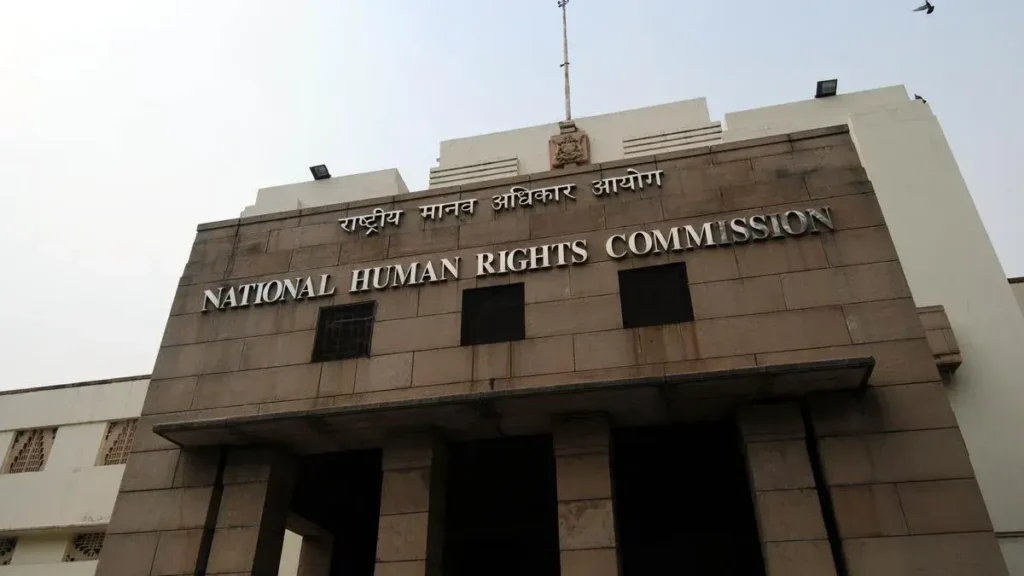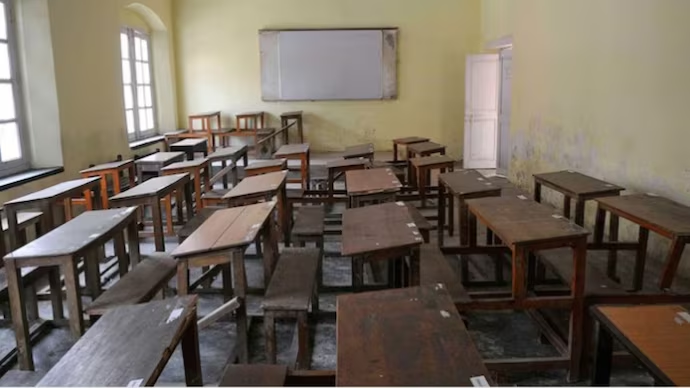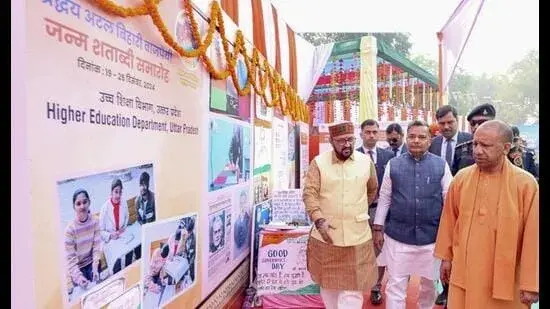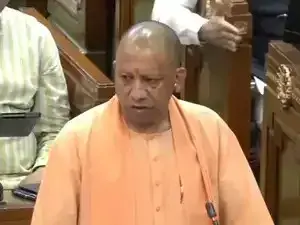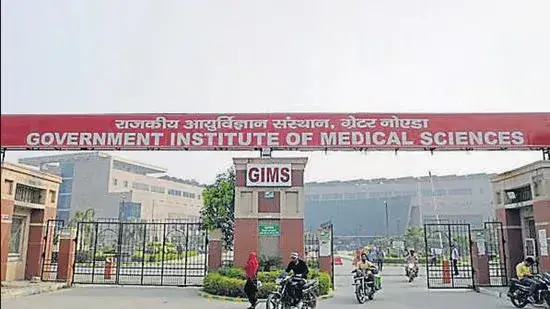MoE Distributes 75 Refurbished Computers to Baghpat Schools Under Vidyanjali Initiative
The Ministry of Education has provided 75 high-quality refurbished computers to 15 government schools in Uttar Pradesh’s Baghpat district under the Vidyanjali initiative, officials announced on Saturday. The computers were supplied by the National Informatics Centre Services (NICSI) to boost digital learning infrastructure in the region. Minister of State for Education Jayant Chaudhary stated that the Vidyanjali portal has onboarded over 8.33 lakh schools, more than 5.55 lakh individual volunteers, and upwards of 2,300 CSR and NGO partners. “The programme has already benefited nearly 1.8 crore students across India through wide-ranging volunteer and CSR participation,” he said. Led by the Department of School Education, Vidyanjali aligns with the National Education Policy (NEP) 2020 and focuses on strengthening Jan Bhagidari by encouraging community and organisational support for government schools. Under its CSR module, districts submit proposals in priority areas such as digital infrastructure, sports, health, and environmental improvement. NICSI registered under the initiative and adopted the project ‘Digital Infrastructure Development in Schools’ for Baghpat district. The organisation’s contribution will provide refurbished computers to schools across Pilana, Khekra, Chhaprauli, Binoly, Baraut, and Baghpat blocks. The initiative aims to enhance digital access, support e-learning, and enable teachers and students to seamlessly integrate technology into classroom teaching—furthering the goals of Digital India and NEP 2020 in the district. Source: PTI
MoE Distributes 75 Refurbished Computers to Baghpat Schools Under Vidyanjali Initiative Read More »


